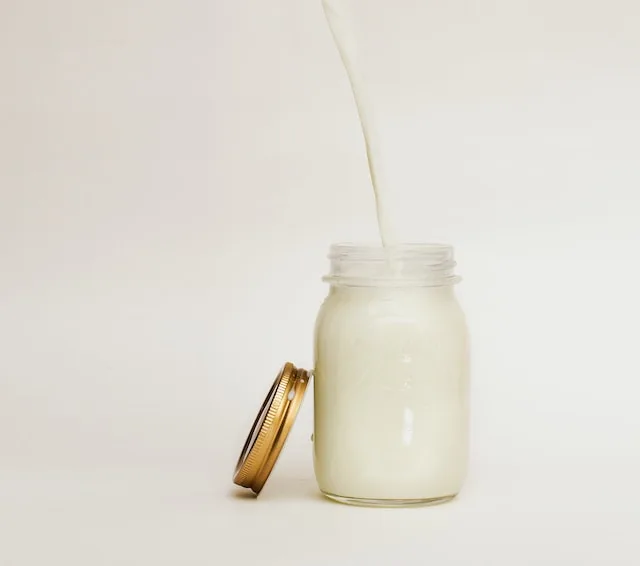
Goat Milk Soap Calculator
FAQs
- How much goat milk to use in soap? The amount of goat milk used in soap recipes can vary, but typically it replaces the water content in the recipe. Goat milk is usually added at around 100% of the water weight in the recipe.
- How long does homemade goat milk soap last? Properly made and stored goat milk soap can last around one year or more.
- Do dermatologists recommend goat milk soap? Some dermatologists may recommend goat milk soap for individuals with sensitive or dry skin due to its moisturizing and soothing properties.
- Do you need lye for goat milk soap? Yes, lye is necessary for the saponification process to turn oils and fats into soap. However, it is essential to handle lye with caution and follow proper safety measures.
- Can I use goat milk soap everyday? Yes, goat milk soap is generally gentle and can be used daily as part of your skincare routine.
- What makes goat milk soap lather? The natural fats and oils in goat milk contribute to the soap’s lather.
- What are the disadvantages of goat milk soap? Some people may be sensitive to certain ingredients in goat milk soap. Additionally, making goat milk soap can be more challenging due to the sugars in milk that can cause the soap to overheat during the saponification process.
- Why is my goat milk soap sweating? Goat milk soap can sweat or develop beads of moisture when exposed to high humidity or temperature changes. This is known as “glycerin dew” and is a natural occurrence.
- Is goat milk soap worth it? Many people find goat milk soap beneficial for their skin, especially if they have dry or sensitive skin. However, individual results may vary.
- Does goat milk clog pores? Goat milk soap is typically non-comedogenic, meaning it is unlikely to clog pores.
- Is goat milk soap good for aging skin? Goat milk soap’s moisturizing properties can be beneficial for aging skin by helping to maintain hydration and promoting a healthy skin barrier.
- What oils are best to use in goat milk soap? Common oils used in goat milk soap recipes include olive oil, coconut oil, palm oil, and castor oil, among others.
- What do you add to goat milk soap base? In addition to goat milk, soap bases may include oils, essential oils, fragrance oils, colorants, and other additives for scent and texture.
- Can I wash my face with goat milk soap? Yes, goat milk soap is generally safe to use on the face. However, it’s essential to patch-test first if you have sensitive skin.
- Can you add essential oils to goat milk soap? Yes, you can add essential oils to goat milk soap to provide fragrance and potential therapeutic benefits.
- What is the pH of goat milk soap? Goat milk soap typically has a pH level of around 9-10, which makes it slightly alkaline.

GEG Calculators is a comprehensive online platform that offers a wide range of calculators to cater to various needs. With over 300 calculators covering finance, health, science, mathematics, and more, GEG Calculators provides users with accurate and convenient tools for everyday calculations. The website’s user-friendly interface ensures easy navigation and accessibility, making it suitable for people from all walks of life. Whether it’s financial planning, health assessments, or educational purposes, GEG Calculators has a calculator to suit every requirement. With its reliable and up-to-date calculations, GEG Calculators has become a go-to resource for individuals, professionals, and students seeking quick and precise results for their calculations.
